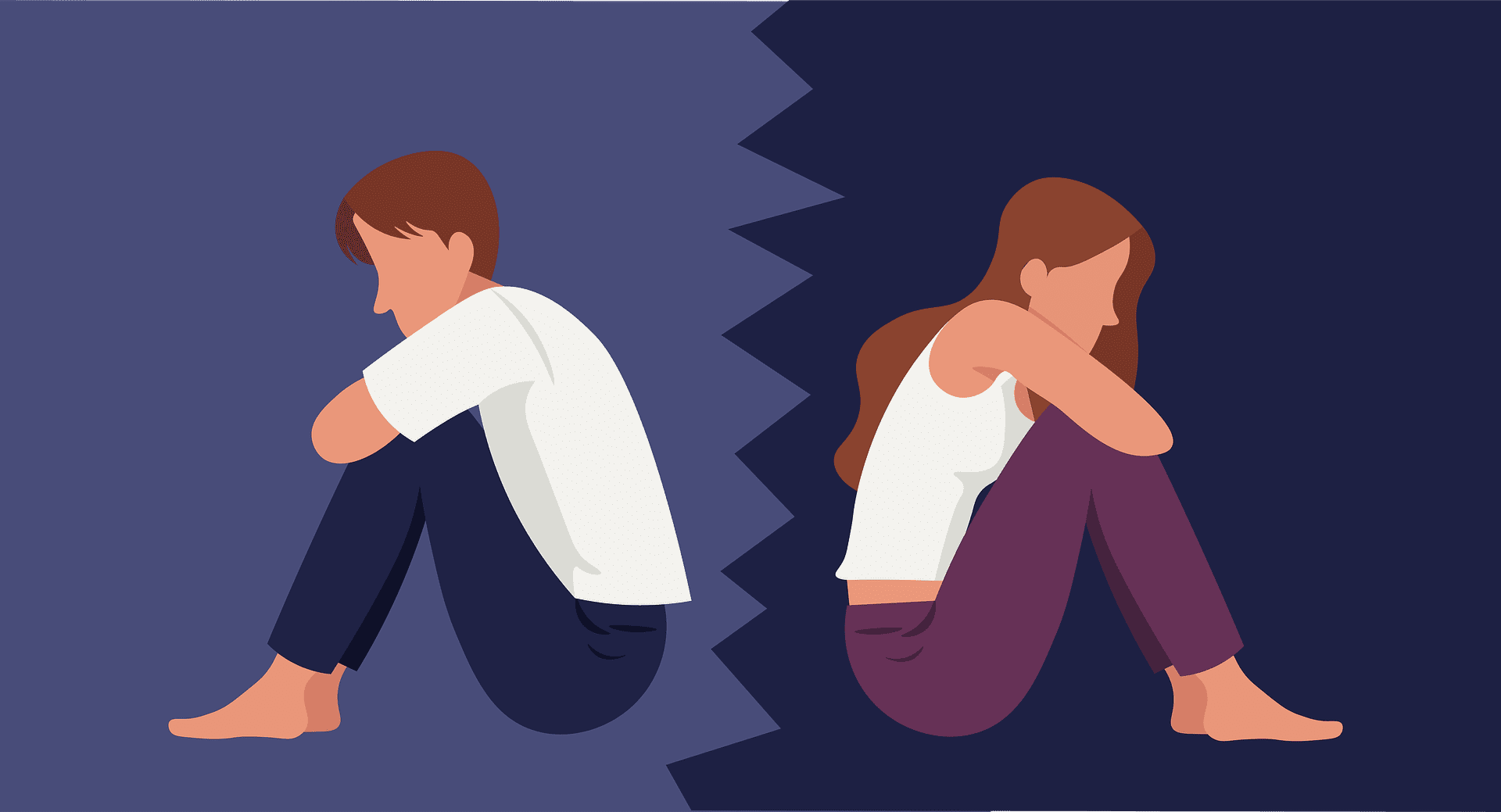Rick was unhappy in his marriage. The reason he gave was that his relationship was unstable. One minute his wife thought he was the best thing ever; the next, she was ready to leave him. He was seen by her as either all good or all bad. There were no in-betweens. This constant drama of extremes was wearing him down.
Rick’s wife was diagnosed with Borderline Personality Disorder (BPD). The symptoms related to the diagnosis make intimate relationships challenging. Borderline personality disorder is rooted in an intense fear of abandonment. This fear brings feelings of instability. The person either idealizes you or is afraid you no longer care. This constant fear then colors all interactions. It also leads to impulsive behavior and conflict.
At the core of BPD is a problem with self-identity. The person doesn’t know who they. This lack of self-identity often leads to risky behavior, mood swings and on-going feelings of emptiness. The consequences are the person needs constant reassurance that the partner will stay. A way to test this is to act out and see if the partner leaves. Thus, the back and forth testing and reassuring is part of what makes the relationship unstable.
Studies on individuals with BPD and romantic relationships note the following:
1) The person with BPD usually has lower levels of communication and satisfaction in the relationship. Good feelings are harder to sustain.
2) Individuals suffering from BPD have less ability to read and understand emotions in others. Obviously, this creates problems in intimate relationships. When you don’t read your partner well, you can easily assume the negative.
Here is what helps if you are married to someone diagnosed with BPD:
Find a therapist who does DBT
Most likely, you need a professional therapist. Dialectical Behavior Therapy (DBT) is considered the gold standard for people with this diagnosis. This therapeutic model helps the person individually, but also with their relationships. The work begins with an orientation to the DBT approach. Then, an explanation as to how this will help your relationship is given. Typically, you are asked to commit to a number of sessions in order to learn the skills and practice.
Use a diary card to improve awareness
A diary card is used to track your daily behavior and emotional feelings. Each partner keeps his or her own card. This card also helps the therapist track areas of the relationship that need work. Treatment goals are set. The focus of each session is clear and specific.
Develop mindfulness skills
A core skill of DBT is mindfulness. You are taught to notice each other in terms of behavior and feelings. The goal is to become a good observer of the other person. This helps the person with BPD gain a more realistic understanding of the relationship and not act on assumptions.
Learn to self-regulate
The most important component is to learn to manage emotions. It is especially important to control emotions during highly arousing situations. Someone with BPD tends to overreact to relatively benign situations. This overreaction brings unnecessary drama to the relationship. Over time, this pattens of reactivity is exhausting for the partner.
Overall, the goal of DBT couples work is to reduce negative patterns of emotionality and create constructive communication patterns. The skills taught in. DBT can bring needed stability to the relationship. If you struggle in your marriage, find a DBT therapist who does couple work. Otherwise, like Rick, you will feel exhausted by the instability.



